1. The Whiskey Rebellion (1794)
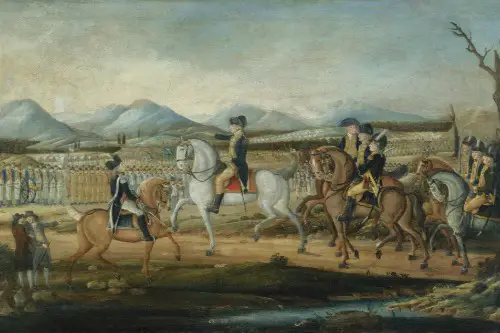
Most people think of the Whiskey Rebellion as a small farmers’ protest in Pennsylvania, but it was actually the first real test of federal authority under the new Constitution. Farmers were angry about a tax on distilled spirits, and some resisted violently. President George Washington personally led troops to suppress the uprising, sending a clear message: the federal government would enforce its laws. This event quietly set the precedent for federal power that still affects policy enforcement today.
Beyond the immediate showdown, the rebellion had a political ripple effect. It spurred the formation of political factions, helping give rise to the Federalists and Democratic-Republicans. It also forced Americans to confront the tension between local autonomy and national authority. Without it, the early U.S. might have developed a very different balance between state and federal power.
2. The Hartford Convention (1814)
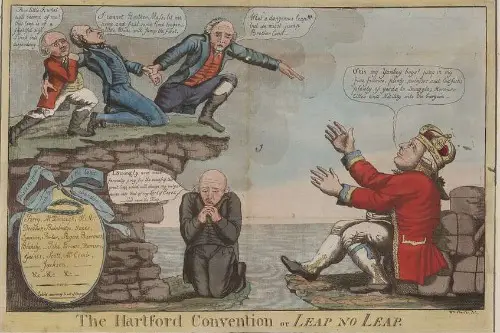
While the War of 1812 often dominates history books, the Hartford Convention is largely forgotten but pivotal. New England Federalists met to discuss grievances over the war and even flirted with secession. Though the convention ended quietly, it destroyed the Federalist Party’s credibility. It showed how fragile the young nation was and highlighted regional tensions that would echo for decades.
The Hartford Convention also shaped the way Americans think about dissent in wartime. Its failure taught politicians that overt resistance could backfire politically. The nation’s focus shifted toward unity after the war, fueling a surge in nationalism. Essentially, it was a political hiccup that quietly influenced the country’s trajectory.
3. The Trail of Tears’ Lesser-Known Treaties (1830s)
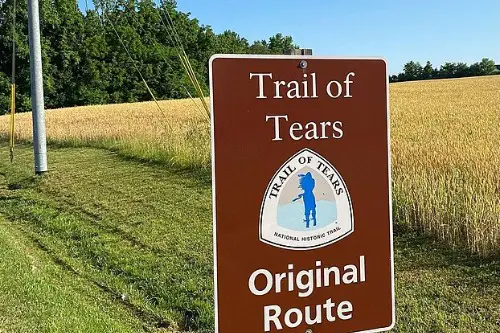
Everyone knows the Trail of Tears as a tragic forced relocation, but fewer people pay attention to the dozens of smaller treaties that enabled it. These legal agreements often coerced Native tribes into ceding land under pressure. They were not just isolated deals—they systematically dismantled Indigenous sovereignty. The cumulative effect changed the landscape of the United States forever.
These treaties also shaped federal and state relationships with Native tribes. By embedding land grabs in law, the government set a precedent for future policies like the Dawes Act. They revealed early cracks in promises of fairness and justice in U.S. policy. Though overshadowed by the visible suffering of the Trail of Tears, these agreements quietly fueled centuries of displacement.
4. The Compromise of 1877
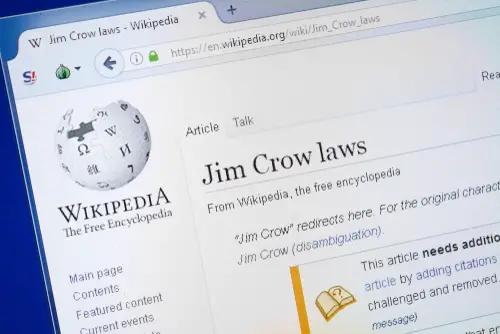
The end of Reconstruction is often reduced to a footnote, but the Compromise of 1877 changed the course of American race relations. It resolved the disputed 1876 presidential election but at a devastating cost. Federal troops were pulled from the South, effectively ending Reconstruction. This allowed Jim Crow laws to rise, reshaping Southern society for decades.
Politically, it signaled that national interests could outweigh civil rights. The compromise highlighted the fragility of newly gained freedoms for Black Americans. Though largely forgotten in mainstream history, it had enduring consequences on voting rights and social inequality. Its effects are still felt in structural inequities today.
5. The Battle of Blair Mountain (1921)
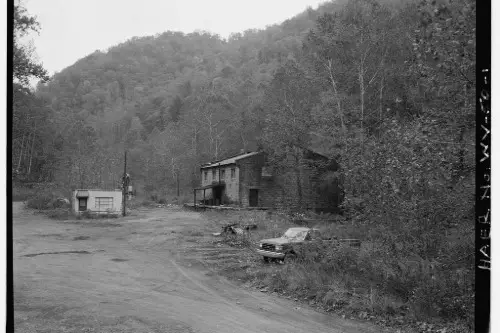
Labor history buffs remember it, but most Americans don’t: Blair Mountain in West Virginia was the site of the largest labor uprising in U.S. history. Thousands of miners fought for union recognition and better working conditions. Federal troops were eventually called in to suppress the revolt. The event marked a turning point in labor rights and industrial relations.
Blair Mountain’s failure stifled labor movements in the short term. Companies clamped down on union activity for decades afterward. Yet it inspired future organizing and highlighted the lengths workers would go for justice. It quietly reshaped the dialogue about labor, corporate power, and government intervention.
6. The Bonus Army March (1932)
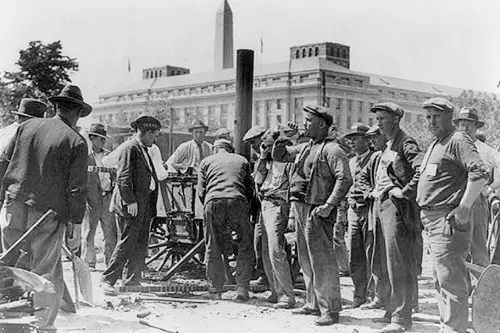
The Great Depression dominates memory, but the Bonus Army is a footnote that mattered immensely. Thousands of World War I veterans marched on Washington demanding early payment of promised bonuses. The government’s violent eviction of these veterans shocked the public. This event deeply influenced the way Americans viewed the federal government during economic crises.
It also set a precedent for veteran activism and federal accountability. The harsh response tarnished Hoover’s presidency and fueled calls for systemic change. Congress would later ensure that veterans’ benefits were better protected. In a sense, this forgotten protest reshaped public expectations of social welfare.
7. Executive Order 8802 (1941)
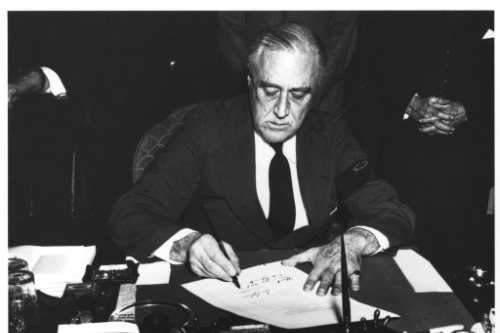
Often overshadowed by World War II itself, Executive Order 8802 was a quiet but revolutionary act. President Franklin D. Roosevelt banned racial discrimination in the defense industry. This order created the Fair Employment Practices Committee, the first federal body addressing workplace discrimination. It laid the foundation for the civil rights victories decades later.
Though it didn’t end discrimination, it signaled the federal government’s willingness to intervene in civil rights. It also energized African American communities to push for more systemic change. The order helped reshape labor demographics and opened doors previously closed. Its legacy quietly influenced both wartime production and social justice movements.
8. The 1962 Baker v. Carr Decision
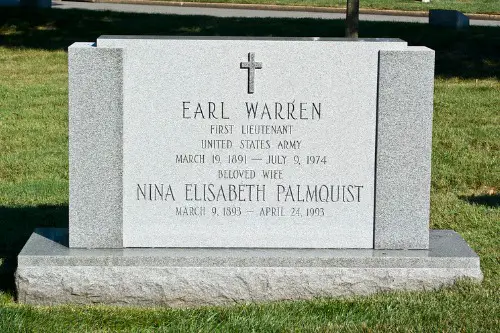
The Supreme Court ruling in Baker v. Carr is rarely mentioned outside legal circles, but it transformed American politics. The Court allowed federal courts to intervene in redistricting disputes, tackling unequal representation. Before this, urban populations were underrepresented in state legislatures. This decision led to the “one person, one vote” principle, reshaping political power across the country.
It changed the way districts were drawn, empowering previously marginalized urban communities. Politicians had to adapt to the new demographic realities, altering policy priorities. This ruling also set the stage for future voting rights cases. Though overshadowed by more sensational civil rights milestones, it quietly reshaped democracy itself.
9. The Stonewall Riots’ Early Coverage (1969)
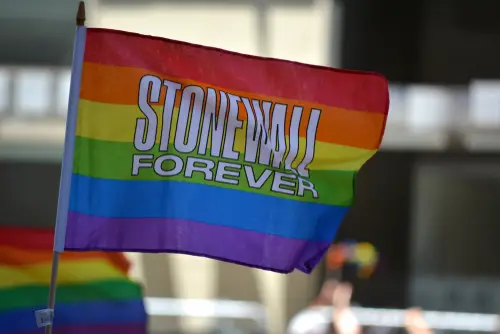
We remember Stonewall as the spark of LGBTQ+ activism, but early media coverage barely touched it. The riots in New York City were violent, chaotic, and defiant. Police raids had long oppressed queer communities, but this time, resistance made history. Even without widespread reporting, the local impact energized a national movement.
The significance lies in the immediate organizing that followed. Pride marches, advocacy groups, and legal battles were born from this momentum. It showed that marginalized communities could claim public space and political voice. Though initially overshadowed, Stonewall’s influence on civil rights policy and culture is undeniable.
10. The Pentagon Papers Leak (1971)
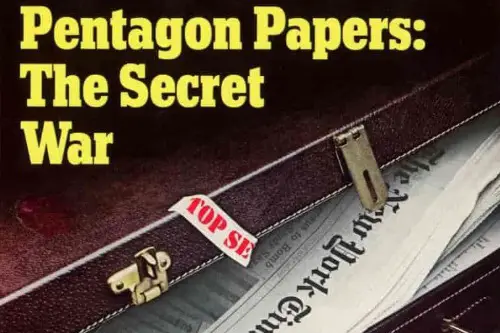
Most remember Watergate, but the Pentagon Papers shook the nation in their own subtle way. Daniel Ellsberg leaked secret documents exposing U.S. government deception in Vietnam. The public learned the truth about military and political missteps years earlier than they might have otherwise. Though overshadowed by subsequent scandals, it fundamentally changed the relationship between citizens and the government.
The leak emboldened investigative journalism and reinforced the importance of transparency. It also pressured policymakers to justify military action more carefully. This quiet yet explosive moment shaped media-government interactions for decades. Its impact is a testament to how information alone can shift history.
11. The Indian Relocation Act of 1956
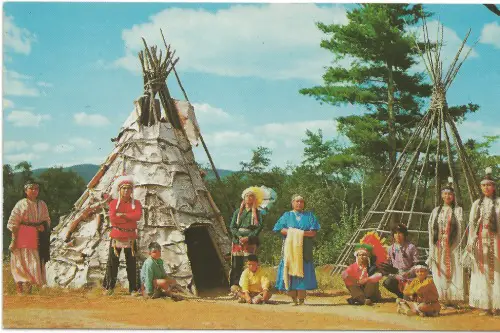
The Indian Relocation Act isn’t widely discussed, but it dramatically transformed Native communities. It encouraged Native Americans to move from reservations to cities with promises of jobs and education. Many faced economic hardship and cultural isolation, creating lasting generational effects. Despite good intentions on paper, the act accelerated cultural displacement.
It also marked a shift in federal policy from reservation-based support to assimilation efforts. Urban relocation created new challenges and new opportunities for Native identity and activism. The act quietly reshaped demographics and social structures in Native communities. Its effects on urban Native populations are still felt today.
12. The 1983 U.S. Invasion of Grenada
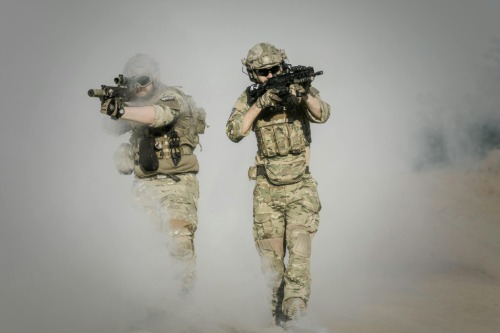
Often overshadowed by Cold War conflicts in Vietnam or Afghanistan, Grenada was a small but significant intervention. The U.S. invaded to counter a Marxist government and protect American medical students. Though brief, it tested military readiness and shaped U.S. foreign policy strategies. The success boosted confidence in rapid-response operations.
It also influenced how the U.S. engaged in future interventions with minimal public awareness. The operation raised questions about sovereignty, international law, and the balance of power. Grenada may be small on the map, but its lessons echoed in military doctrine and presidential decision-making. Its impact on U.S. intervention strategy was quietly profound.
This post 12 Moments in U.S. History That Were Overshadowed but Changed Everything was first published on American Charm.


